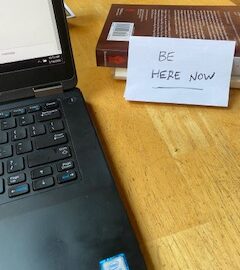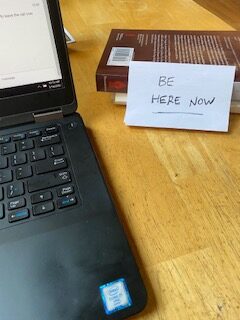Grab your coworkers (and partner/spouse/family members) and work together to be the first team to complete the Great Western Loop. This 6,875 mile trail links together five long-distance hiking trails: the Pacific Crest Trail, the Pacific Northwest Trail, the Continental Divide Trail, the Grand Enchantment Trail, and the Arizona Trail. It features some of the most remote, beautiful, hostile, and pristine environments in the United States, including the Mojave Desert, the Sonoran Desert, 12 National Parks, and 75 wilderness areas.
Each participant on your team will be able to bike, hike, swim, paddle or engage in a host of other activities which will be converted to steps to move your team toward the finish line. Each day participants will “check in” to the DIEMlife app and manually enter their type and duration of activity. The app will automatically convert the activity to steps and move the individual and team along the leaderboard. The team who completes the trail first will win the designation of “The Great Gallivanters”. At the conclusion of the challenge all participants will be entered into a drawing to win one of ten prizes including Garmin Forerunner watches and $100 gift cards. All participants will have an equal opportunity to win a prize.
The challenge will begin on Monday, July 20th and will start and end at the Grand Canyon. The challenge will conclude when the first team arrives back at the Grand Canyon.
Registration is simple.
1) Click the link below for your school to be directed to your team (spouses/family members are welcome to join).
2) Once there you’ll be directed to either create an account or log in to your existing account.
2) Watch the short (2 minute) video which will give you all the information you need about how to track your activity and how to view your individual and team’s progress.
-To join the Champlain team: Go Here
-To join the GMHEC team: Go Here
-To join the Middlebury team: Go Here
-To join the Norwich team: Go Here
-To join the St. Michael’s team: Go Here
4) Download the DIEMlife app to start tracking your activities/racing *activities cannot be logged until Monday…no head starts 🙂
-iOS: App store link
-Android: Play store link
5) Have fun!
I hope you’ll join us.






